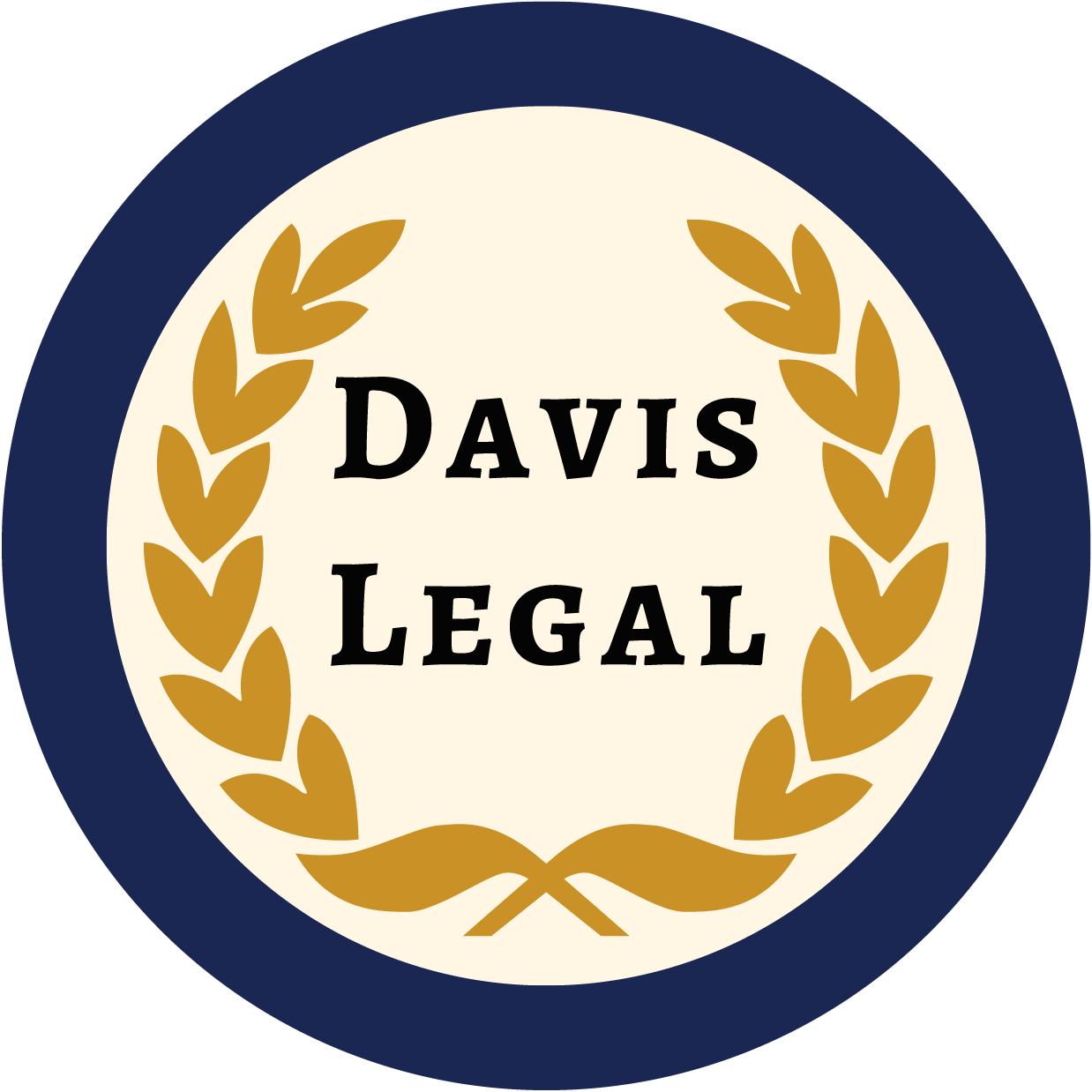Car accidents can be terrifying, but what happens after the crash often carries even greater consequences.
While broken bones and bruises are easy to spot, one of the most dangerous injuries is also one of the hardest to detect: a brain injury.
These injuries can go unnoticed for days, sometimes even weeks, but the damage they cause can affect you for life. Knowing what to look for is crucial.
Why Brain Injuries Often Go Undiagnosed
The moments after a crash are disorienting, flooded with adrenaline and stress. That same adrenaline, while useful in emergencies, can also mask pain and symptoms of more serious injuries like a concussion or traumatic brain injury (TBI).
Many people walk away from a crash thinking they’re “lucky” or “just shaken up,” only to realize much later that something is seriously wrong.
Brain injuries often don’t involve loss of consciousness. A mild TBI might leave no external signs at all.
Plus, symptoms like fatigue, irritability, and difficulty concentrating can easily be mistaken for stress or even normal post-crash anxiety. That’s why it’s essential to know the specific signs that point to a deeper issue.
7 Signs You Shouldn’t Ignore After a Crash
1. Persistent Headaches
A headache right after an accident might not seem serious. But if it persists for several days or worsens over time, it could signal internal bleeding or brain swelling. Especially if the pain is sharp or localized, seek immediate medical help.
2. Dizziness or Loss of Balance
Feeling lightheaded or unsteady can indicate damage to the vestibular system within the brain. If you notice trouble walking straight, standing up, or frequent stumbling, this could be a red flag.
3. Memory Loss or Confusion
Struggling to remember conversations, recent events, or even what you were doing before the crash is not normal. These cognitive disruptions are a common sign of brain trauma and should never be ignored.
4. Mood Changes or Irritability
Unexplained mood swings, irritability, depression, or anxiety could be more than just the emotional aftermath of an accident. TBIs often impact the brain’s frontal lobe, which controls personality and behavior.
5. Nausea or Vomiting
It’s easy to overlook this symptom or attribute it to nerves. But if nausea or vomiting occurs hours or even days after the accident, it might point to increased intracranial pressure—a serious condition.
6. Sensitivity to Light or Noise
Suddenly finding bright lights or loud sounds unbearable can be another sign of a brain injury, particularly a concussion. It may also signal that your brain is struggling to process sensory input.
7. Fatigue or Sleep Disturbances
Insomnia, sleeping too much, or never feeling rested could mean your brain isn’t recovering properly. Fatigue after a crash is common, but if it lasts or worsens, it could signal deeper trauma.
These signs might appear minor at first, but they can compound quickly. Early detection is key to preventing long-term damage.
What to Do If You Suspect a Brain Injury
If you observe any of these symptoms, please consider them seriously. First, seek medical attention. Even a visit to the ER or urgent care can rule out major issues or catch them early. Request imaging tests like a CT scan or MRI to assess any internal damage.
Second, document everything. Keep a log of symptoms, doctor visits, and treatments. This will not only help your medical providers track progress, but it can also be valuable evidence if legal action becomes necessary.
Lastly, don’t accept any insurance settlements until a full diagnosis is confirmed. Brain injuries can be expensive to treat and may require long-term rehabilitation.
Settling too soon could leave you under-compensated and struggling later.
Legal and Financial Implications of a Brain Injury
Brain injuries don’t just affect your health—they impact every aspect of your life. From medical bills and lost wages to emotional distress and reduced cognitive function, the toll is high.
Unfortunately, insurance companies may try to downplay your injuries or suggest your symptoms are unrelated to the crash. That’s why it’s vital to have an experienced legal team in your corner. A knowledgeable car accident attorney can:
- Help you gather medical evidence and expert testimony.
- Negotiate with insurance companies on your behalf.
- Secure compensation for both immediate and long-term needs.
Brain injuries are complex, and proving their full impact often requires professional legal support. Don’t go it alone.
Listen to Your Body—Then Protect Your Rights
Brain injuries are silent, but their effects can be devastating if left untreated. What starts as a minor headache or brief memory lapse could develop into a serious, life-altering condition.
That’s why it’s essential to listen to your body, take early symptoms seriously, and seek both medical and legal help right away.
Too often, accident victims delay medical care, hoping their symptoms will go away. But with brain injuries, time is critical.
The earlier a diagnosis is made, the better the chances for treatment and recovery. Even if the accident seemed minor, if something feels off—dizziness, fatigue, mood swings—it’s worth getting checked out. You don’t have to “tough it out” or downplay what you’re experiencing.
And just as you need a medical professional to assess your health, you need a legal advocate to protect your rights. Insurance companies may attempt to minimize your claim or argue that your symptoms aren’t related to the accident.
That’s where a skilled personal injury attorney can step in—to make sure your medical costs, lost wages, and long-term needs are fully accounted for.
Contact a Car Accident Legal Expert
If you or a loved one may have suffered a brain injury in a car accident, don’t wait to take action.
Davis Legal has years of experience helping Arkansans get the care and compensation they need after devastating accidents.
Contact us today at (662) 617-9028 for a consultation and let us fight for the justice and recovery you deserve.


